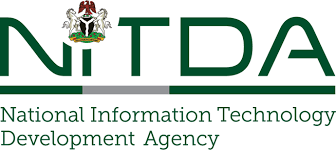Experts in the academic and health sectors have decried the abusive use of digital technology by youths and adolescents in Nigeria, warning that compulsive engagement in the digital space poses serious threats to both physical and mental wellbeing.
They urged young people to maximise the opportunities digital technology provides to foster innovation, strengthen social connectivity and contribute to national development.
The three-day event, the fourth Nigeria Conference on Adolescents and Youths Health Development held in Port Harcourt, Rivers State, was organised by the Society for Adolescent and Young People’s Health in Nigeria (SAYPHIN) and supported by development partners, including the United Nations Children’s Fund (UNICEF), the United Nations Population Fund (UNFPA) and Girl Effect.
In her keynote address, Kwara State Commissioner for Health, Dr Amina Ahmed El-Imam, charged Nigerian youths to use the digital space responsibly.
She observed that while digital technology enhances communication and opens doors to innovation, its misuse contributes to cyberbullying, fraud, misinformation, stress and anxiety.
The Commissioner cautioned that digital addiction may result in reduced physical activity and deteriorating mental health.
She emphasised that resilience could be built through digital literacy, responsible use of technology, mental strength and emotional intelligence.
President of SAYPHIN and Professor of Community Medicine, Prof Adesegun Fatusi, described the conference as the largest gathering of stakeholders in adolescent and young people’s health and development in Nigeria.
He explained that this year’s edition was deliberately focused on digital technology as one of the greatest dynamics shaping the development of young people globally.
Prof Fatusi stressed that the objective was to better position participants to harness the immense opportunities digital technology offers, while equipping them with the knowledge, skills and partnerships needed to tackle the dangers of compulsive and abusive use among young people.
Chairperson of the Local Organising Committee, Prof Omosivie Maduka, noted that the conference was planned with the active involvement of adolescents and youths across the country to ensure that its outcomes reflect their realities.
She added that this participatory approach would enable the development of pragmatic and implementable interventions.


